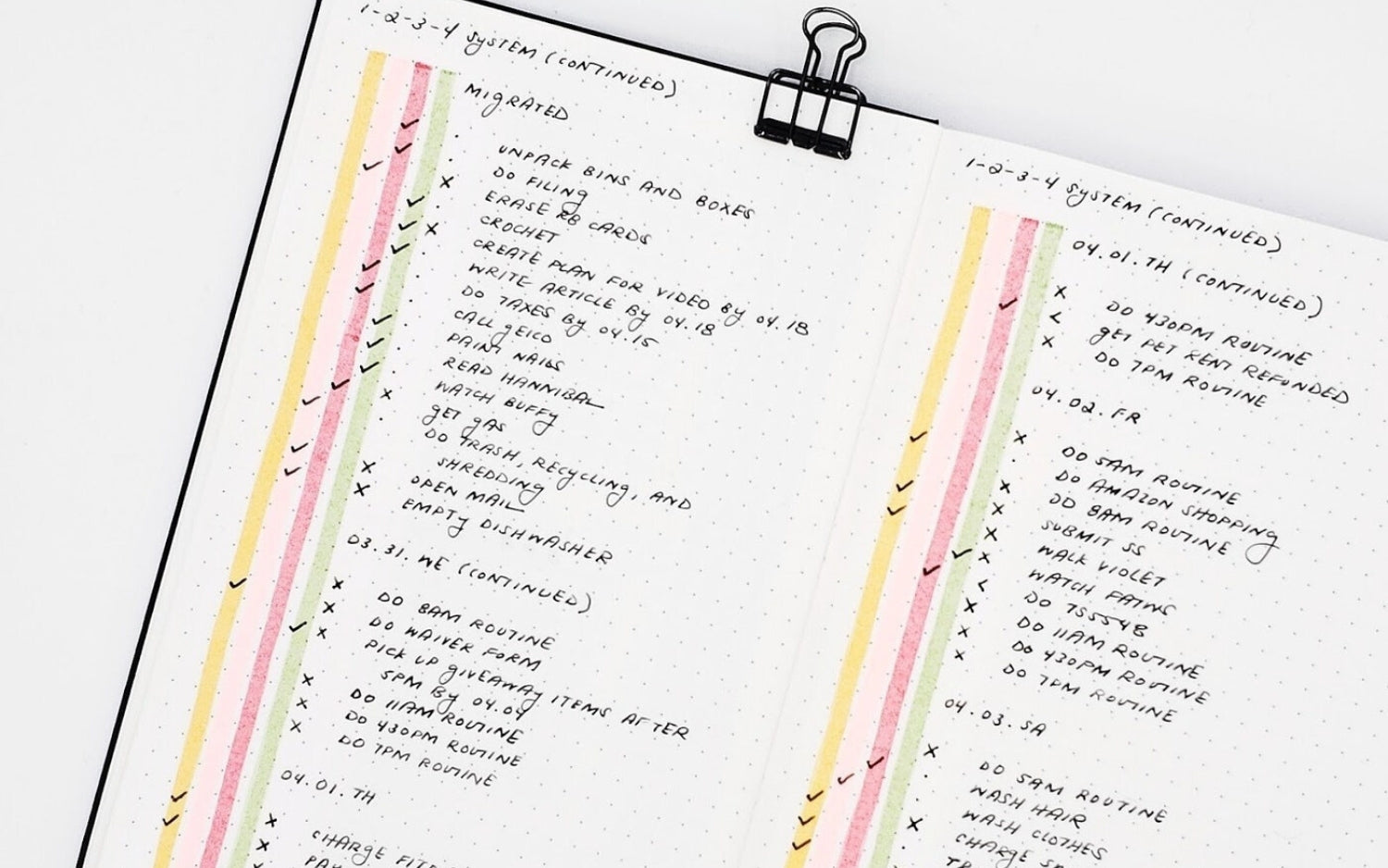- Joined
- Mar 9, 2024
- Messages
- 3,884
- Reaction score
- 17,347
- Points
- 83
Time is a precious resource - especially when you're trying to juggle work, family and other commitments. Do you have any tips for maximising your time?
I'll start: one thing that's really helped me is creating a daily to-do list, split into four sections:
1. Priority tasks which need to be done today
2. Important tasks which also need doing today
3. General to-dos, which can be pushed back if needed
4. Quick wins - these are jobs that can be knocked off quickly, and give you a sense of achievement
I find this helps me stay focused and means I don't waste time prioritising all the things fighting for attention!
I'll start: one thing that's really helped me is creating a daily to-do list, split into four sections:
1. Priority tasks which need to be done today
2. Important tasks which also need doing today
3. General to-dos, which can be pushed back if needed
4. Quick wins - these are jobs that can be knocked off quickly, and give you a sense of achievement
I find this helps me stay focused and means I don't waste time prioritising all the things fighting for attention!

